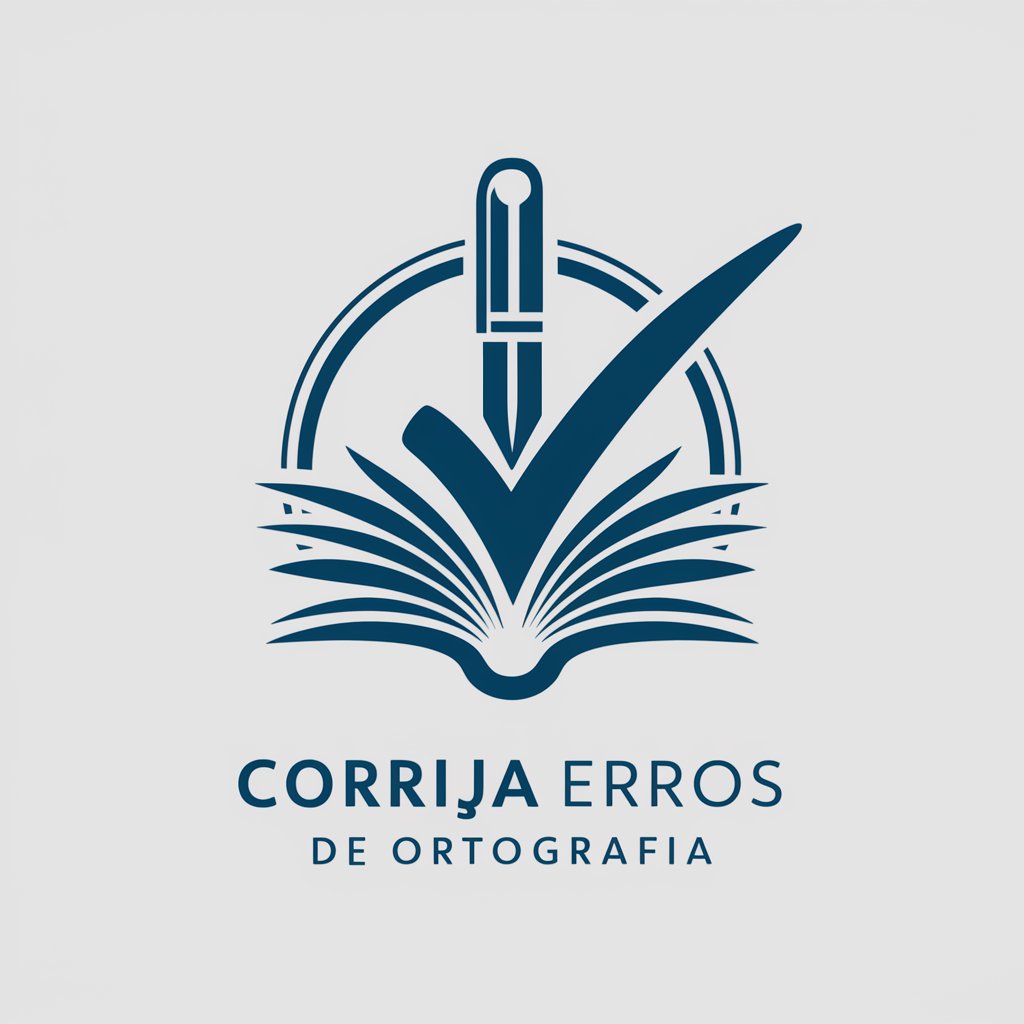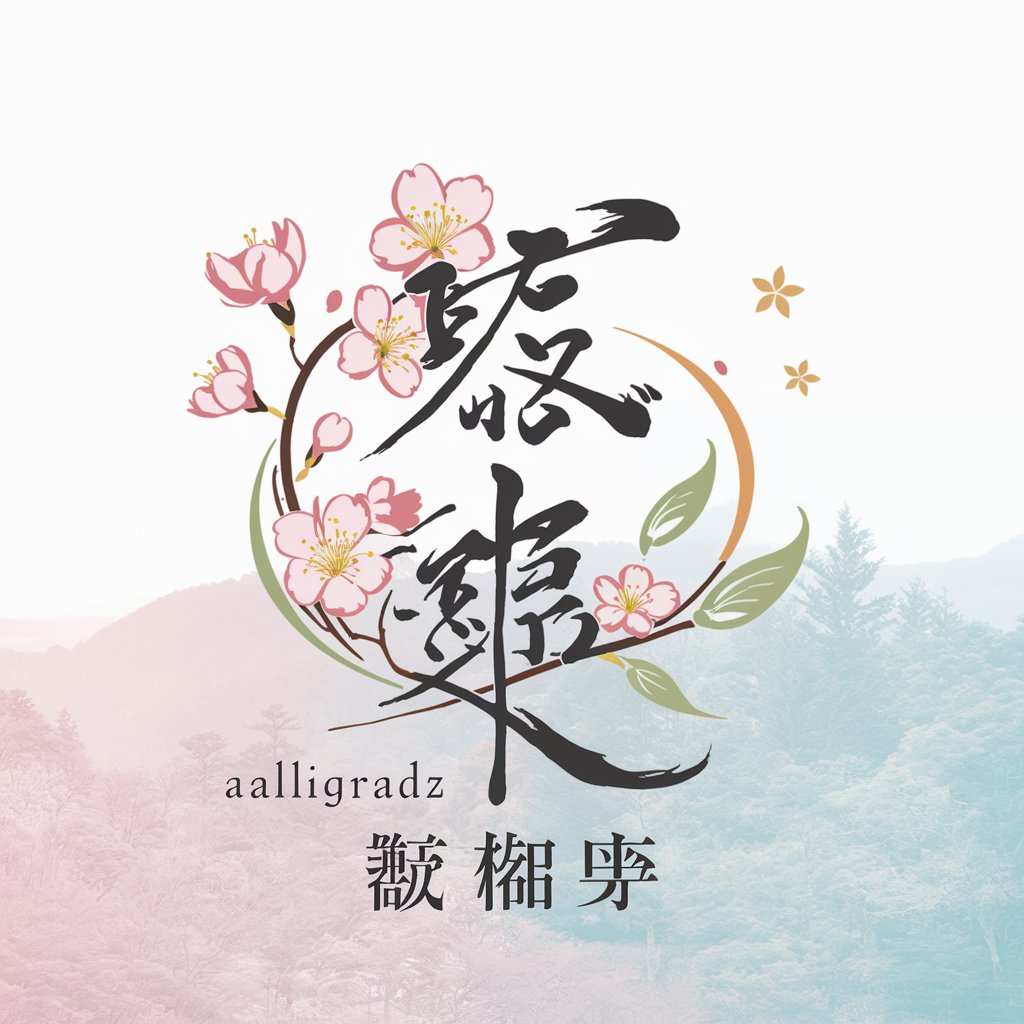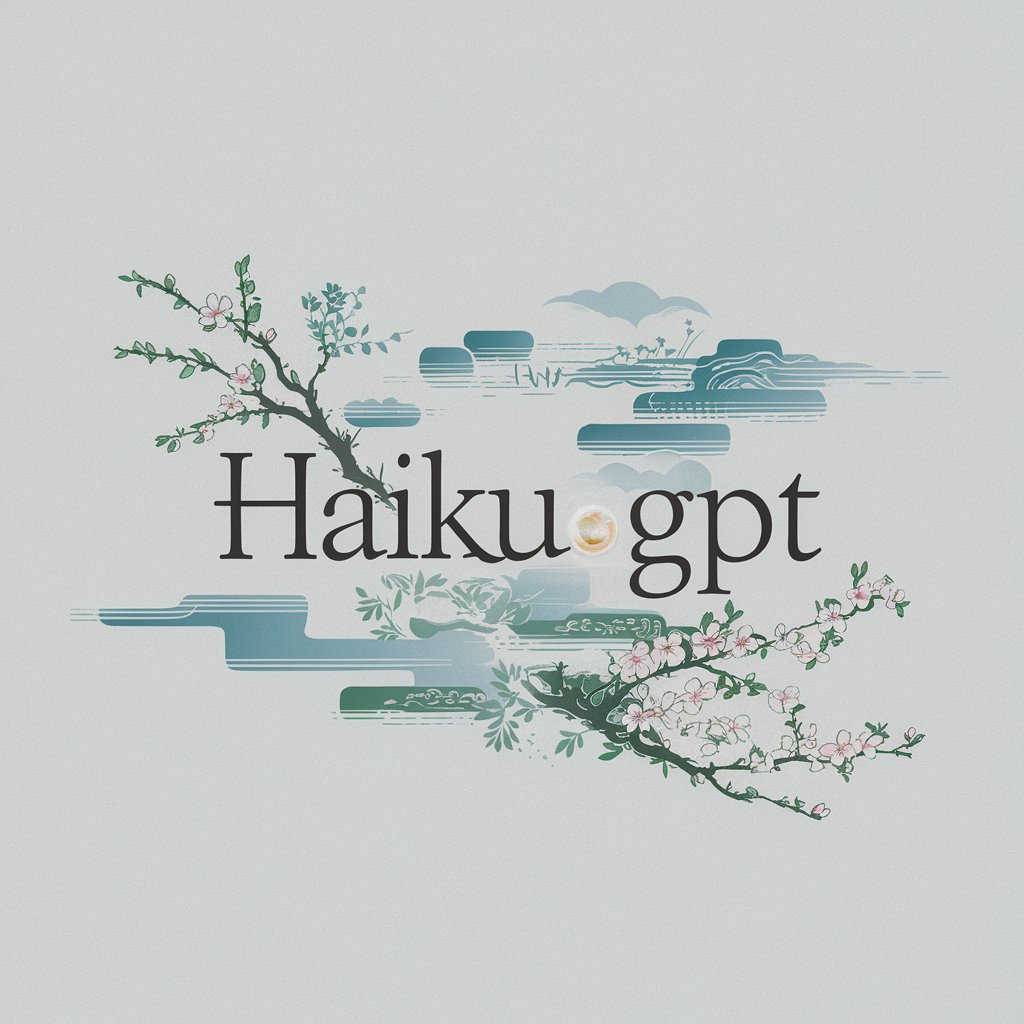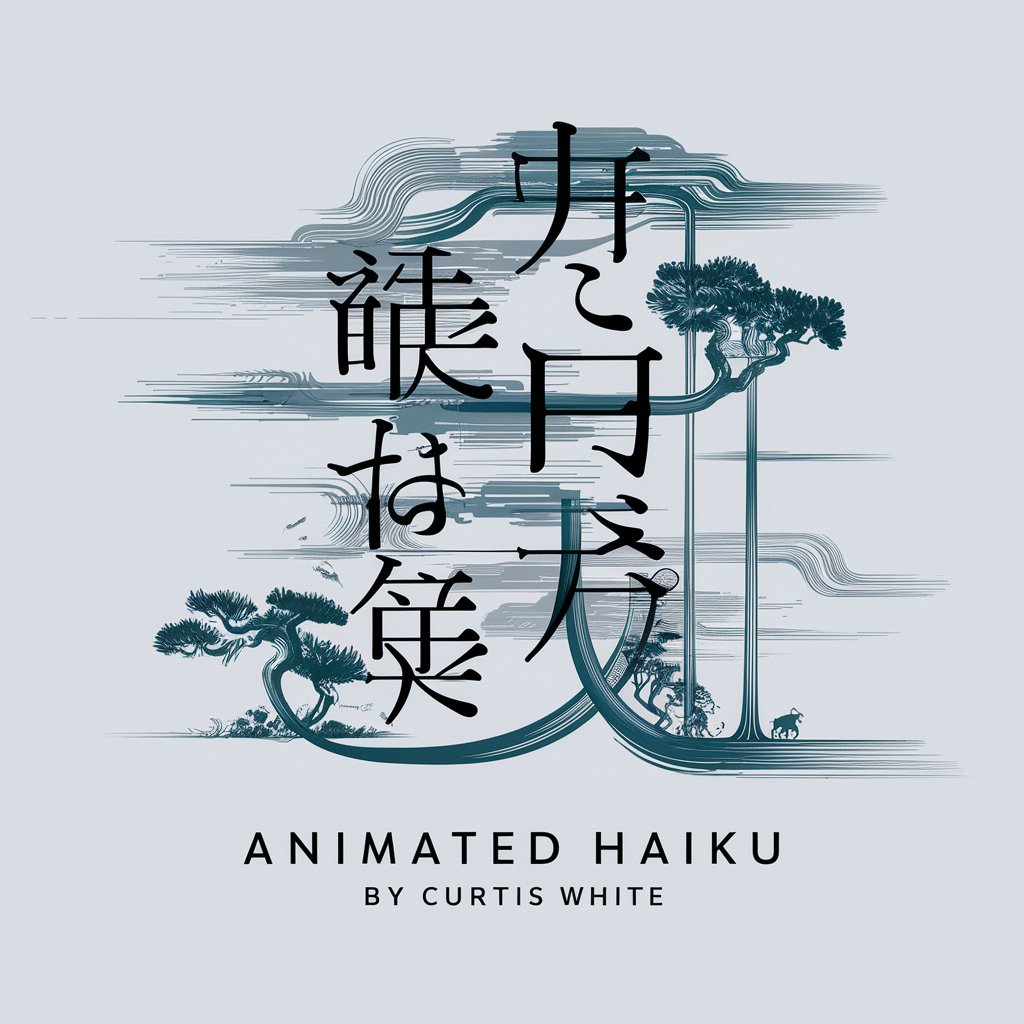
OttO Sonnet and a Haiku - Poetic Transformation AI

Welcome! I'm here to craft sonnets and haikus just for you.
Crafting Your Thoughts into Poetry
Write a sonnet about the beauty of nature.
Create a haiku inspired by the changing seasons.
Compose a sonnet that captures the essence of love and loss.
Draft a haiku reflecting the tranquility of a quiet morning.
Get Embed Code
Overview of OttO Sonnet and a Haiku
OttO Sonnet and a Haiku is a specialized AI designed to transform user inputs into poetic forms, specifically sonnets and haikus. By focusing solely on these two styles, it offers a unique blend of literary tradition and AI creativity. Sonnets, with their 14-line structure and rhythmic patterns, provide a classic form for expressing complex ideas and emotions. Haikus, in contrast, offer a succinct three-line format for capturing moments or thoughts with a 5-7-5 syllable pattern. This dual capability allows users to explore their inputs through both expansive and concise poetic lenses, making it ideal for a wide range of creative applications. Powered by ChatGPT-4o。

Key Functions and Applications
Creation of Sonnets
Example
Transforming a narrative about a sunset into a Shakespearean sonnet that captures the beauty and transience of the moment.
Scenario
A writer seeking inspiration for a literary piece uses OttO to generate a sonnet based on their initial concept, enriching their work with poetic depth.
Crafting Haikus
Example
Condensing the essence of a spring morning into a haiku, highlighting the awakening of nature.
Scenario
A teacher uses OttO to engage students in understanding and creating haikus about the seasons, enhancing their appreciation for poetry and nature.
Target User Groups
Writers and Poets
Individuals looking for new ways to express ideas or emotions, or seeking inspiration for their work. OttO serves as a creative tool to explore different poetic formats and refine their craft.
Educators and Students
Teachers looking to introduce poetry in a dynamic way and students exploring poetic forms. OttO can be a valuable educational resource, offering practical examples and encouraging creative writing.
Artists and Creatives
Artists seeking to integrate text into visual media or looking for poetic descriptions of their work. OttO provides a platform for experimentation with language and the evocation of imagery through poetry.

How to Use OttO Sonnet and a Haiku
1
Access a free trial at yeschat.ai without the need for login or subscribing to ChatGPT Plus.
2
Choose your preferred poetic form: either a sonnet or a haiku, based on your creative needs.
3
Submit your input text, phrase, or keywords that you wish to transform into poetry.
4
Review the generated sonnet or haiku, which will reflect the essence of your provided input.
5
Utilize the edit feature if you wish to refine the poem or input different phrases for new creations.
Try other advanced and practical GPTs
Corrija Erros de Ortografia
Enhance your writing with AI-powered precision

Mestre do Thumbnail (Miniaturas p/ Vídeos)
Crafting Click-Worthy Thumbnails with AI

You Tube Tags
Elevate Your Content with AI-Driven Tags

StratInsight Pro:Business Strategy Analysis Expert
AI-powered Strategy Insights at Your Fingertips

VisionBoard Creator
Visualize Goals with AI

Upskill Ops Fluid Mechanics 1
Empowering fluid mechanics learning with AI-driven insights and historical context.

하티 전남여행 AI
Explore Jeollanam-do with AI-powered Insights

프롬프트 마스터
Crafting Precision in AI Conversations

Competitor Scout
Unlock AI-powered market insights

PrepConcurso - CNU Nível Médio IBGE FUNAI MAPA
AI-powered Exam Mastery

Language Key | Job Interviews
Master Interviews with AI-Powered Practice

How to Trade Options
Empowering Your Options Trading Journey with AI

FAQs About OttO Sonnet and a Haiku
What types of input can OttO Sonnet and a Haiku process?
OttO Sonnet and a Haiku can transform any text, phrase, or keyword into a sonnet or haiku, adapting to a wide range of topics and themes.
Can I choose between different poetic forms?
Yes, you can select either a sonnet or a haiku based on your preference or the nature of your input.
Is it possible to edit the poems generated by OttO Sonnet and a Haiku?
While direct editing features are not provided, you can refine your input and regenerate poems to better meet your expectations.
How does OttO Sonnet and a Haiku ensure the quality of the poems?
The tool uses sophisticated AI algorithms designed to capture the essence of your input and craft it into high-quality, poetic forms.
Can OttO Sonnet and a Haiku generate poems for any topic?
Absolutely, OttO Sonnet and a Haiku is versatile and can create poems on a wide range of subjects, reflecting the input's theme in poetic form.






